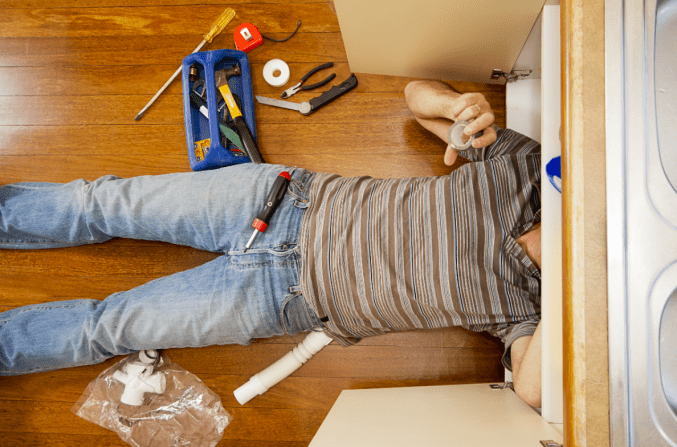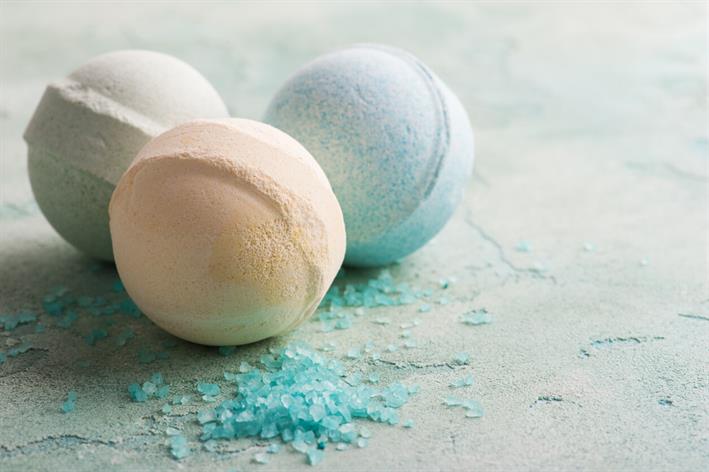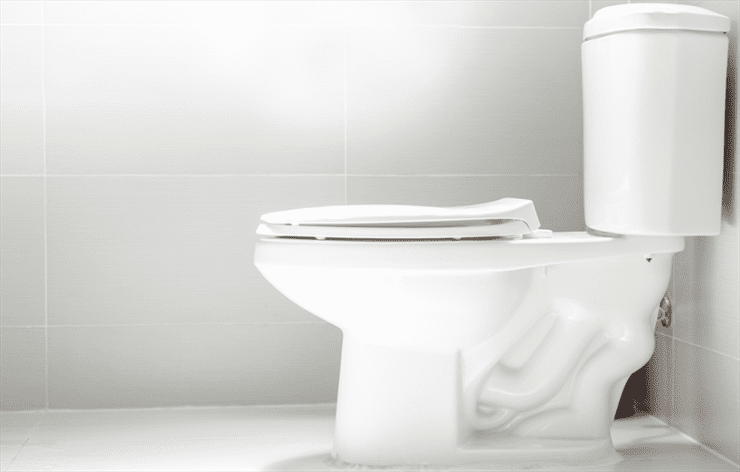
Common Plumbing Problems and How to Fix Them
Plumbing problems can be frustrating and annoying. And they can also be costly. The Environmental Protection Agency (EPA) has estimated that an average household can waste up to 10,000 gallons of water every year due to undiagnosed leaks.
The good news: you don’t have to be a professional to solve every plumbing issue. In fact, there are many common plumbing problems you can fix with a little bit of knowledge, a few household tools, some common sense, and maybe a little luck.
The following advice will not help in all instances. Sometimes you simply need a professional. But it is a plumbing troubleshooting guide that could save you some time and money.
What follows is some advice on how to fix plumbing problems.
Faucets
Faucet problems can be annoying. A clogged aerator, for instance, can restrict water flow, while a leaky faucet can waste thousands of gallons of water per year.
So one of the easiest fixes on the list is replacing the aerator, the mesh filter at the end of the spigot that can get clogged with mineral deposits over time. You’ll know the aerator is the problem if you have low water pressure for both hot and cold water. It’s smart to replace it every few years.
Leaks also may come from worn o-rings, the small rubber ring on the stem screw that holds the handle in place. Or from a bad valve seat and washer, between the faucet and the spout. Both can be replaced easily.
Toilets
You may not notice an internal leak in your toilet, since water is simply going down the drain. But they can still be costly, wasting hundreds of gallons of water.
There are a number of quick fixes that might help. First, the rubber flapper can lose shape over time and stop sealing properly, causing an internal leak. In addition, the flapper’s chain can get twisted and prevent the flapper from seating properly at the bottom of the tank. And you can replace the entire flushing mechanism as well.
Drains
Hair and debris can build up below the drain stopper in your bathroom sinks and tubs. You can prevent a lot of problems by removing the debris, either with a Zip-it plumbing tool or needle-nose pliers. Or simply take the stopper out and clean out the debris.
For other clogging problems, it’s very tempting to reach for drain cleaners. Sometimes they work, usually for things like hair, toothpaste, and toilet paper. But other items, like toothpaste caps, brush bristles and other debris really can’t be removed by pouring what amounts to toxic waste down your drain.
Sinks usually have a drain catch, which allows you to access objects that fall down the sink. However, if you can’t reach an item, call us.
For clogged toilets, your plunger is the best option, but the worst clogs may require a pipe snake. Once again, if neither option works, call us.
Read More: What is a Pipe Bend? Applications and Benefits
Garbage Disposals
A jammed garbage disposal quickly becomes a major issue, hampering or even preventing the use of the kitchen sink. Most disposal units come with a key you can use to free the jam. Simply insert in the bottom of the disposal unit and turn in both directions to free the motor. If you’re lost the key, a quarter-inch Allen wrench usually works as well.
Using the key, however, won’t work if your unit has burned out. In that case, you’ll need a pro to replace it.
Pipes
Pipes are made out of copper or PEX. And while copper is stronger than PEX, it can expand or contract during temperature extremes. You can prevent lots of headaches simply by making sure your pipes don’t freeze over the winter.
Water Heaters
It doesn’t take long to find out your water heater isn’t working. One cold morning shower usually gets your attention.
And while water heaters can last more than ten years, sediments and mineral deposits can settle in the bottom of the tank. Usually, it takes a professional to clean out those materials and prevent long-term damage to the heater.
Low Water Pressure
Low water pressure increases the time it takes to do things like a shower, wash dishes, and water outdoor plants. It might take forever to fill a sink or bathtub. You might get a weak spray from your showerhead. Your dishwasher or washing machine may take a long time to complete a cycle.
If you’re getting low to no water pressure in a single fixture, it probably makes sense to focus on fixing that one fixture or the pipes serving it. But if you have low water pressure in the whole house, you probably need a pro.
Other Plumbing Problems? Ask for help!
Our licensed and certified Atlanta plumbing team has over 30 years of experience and knows how to get the job done quickly and properly the first time, so you can get back to your daily routine. Get in touch with Casteel today!
Plus, we know plumbing issues usually don’t come at a convenient time. That’s why we’re available 24 hours a day, 365 days a year if you need us for emergency plumbing service.





